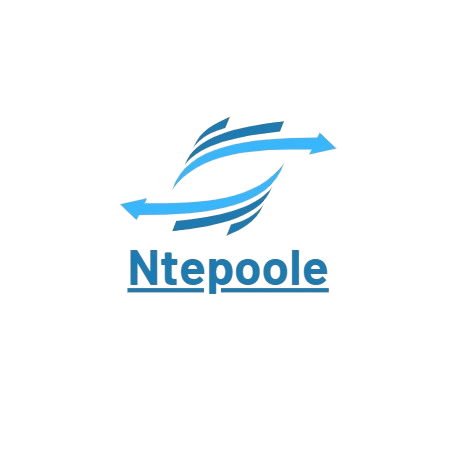Deportivo Alavés begin the new La Liga season with a focus on tactical discipline, squad cohesion, and gradual progress. The Basque club has consistently shown resilience, making the most of its resources to remain competitive in a league dominated by financial giants. With Luis García Plaza at the helm, Alavés aim to continue their philosophy of defensive solidity, structured gameplay, and team-oriented performances, ensuring they remain a challenging opponent for any side in Spain’s top flight.
García Plaza’s approach centers on organization and pragmatism. Alavés often adopt a compact defensive formation, reducing space for opponents pronósticos and prioritizing control in key areas of the pitch. Instead of relying heavily on possession, the team focuses on quick transitions and intelligent counterattacks, making the most of opportunities created from opponent mistakes. This style has helped the club achieve respectable results against stronger teams, but improving creativity and efficiency in attack remains a priority. Developing a sharper offensive edge could allow Alavés to convert tight games into victories more consistently.
The squad itself represents a blend of youth and experience, which has become a hallmark of Alavés’ approach. Young players provide energy, speed, and technical flair, often surprising opponents with their dynamism. Meanwhile, experienced players contribute leadership, tactical understanding, and composure under pressure. This balance ensures the team can adapt to different challenges while maintaining its core identity. The integration of emerging talents with seasoned professionals also supports the club’s long-term strategy of sustainable growth and player development.
Mendizorrotza Stadium continues to be an essential asset for Alavés. Home games have historically provided a platform for strong performances, with the crowd’s enthusiasm motivating the players and creating a difficult environment for visiting sides. Preserving this home advantage will be key to the team’s success, as it often helps them accumulate crucial results early in the season. On the flip side, Alavés’ performances away from home have been inconsistent, and improving results on the road is essential for achieving a more balanced campaign and avoiding late-season pressure.
In terms of squad management and transfers, Alavés have maintained a strategic approach. The club emphasizes adding players who complement their system and strengthen key areas rather than chasing headline signings. Depth is particularly important to cope with the physical demands of La Liga, and careful recruitment ensures that new arrivals contribute positively to the team’s cohesion. This measured strategy reflects the club’s commitment to long-term stability and pragmatic growth.
Looking ahead, Alavés are expected to focus on consistency, organization, and exploiting set-pieces and counterattacks to their advantage. While a challenge for European spots may be ambitious, the team has the tools to secure a stable mid-table position and occasionally trouble stronger sides. Success will depend on maintaining defensive discipline, improving attacking efficiency, and achieving more consistent results away from home. For Alavés, the upcoming season represents an opportunity to strengthen their identity, consolidate progress, and continue proving that determination and tactical intelligence can compete with bigger budgets and star-studded squads.
